This post presents my idea for how a better patent system could be created.
First note that I am not a lawyer and have never held any patents myself. I have a negative impression of the effects that patents have had on computing, with lots of obvious patents being granted.
Instead of arguing for completely abolishing the patent system I will here present an idea for a modified system that could potentially keep the good part of patents, by allowing people and companies to recoup the costs that they have spent on innovating a new product or solution, while removing the ill effects of obvious or overreaching patents.
A three step process:
- The problem must be published by the patent office
- This can be on behalf of people or companies working on a solution or product
- Applications for patents for specific solutions to the problem can be sent to the patent office
- This phase would also include people and organizations submitting prior art of already existing solutions
- 6 months later patents can be grated to solutions that are unique
This would work for medical patents where the original “Problem statement” might be something like “A drug or treatment that could cure or help patients suffering from Covid-19”. Then companies could submit different compounds that they have created. Multiple patents on unique drugs or treatments could be grated in the same process, but if two companies had submitted the exact same drug it would be in the public domain.
For a lot of the computer patents that have previously been granted, splitting the process in to these three steps, would clearly show that there exists lots of obvious solutions as soon as the problem is described. This would probably entail some work for open source organizations in submitting prior art and simple solutions, but it would be preferable to patents being granted for obvious solutions.
On the other hand if a truly ingenious and non obvious way of doing something is discovered it could actually be patented.
